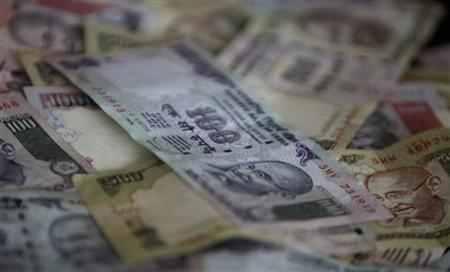
A day after closing at a record low of 54.50 against the dollar, the rupee on Thursday slid further to 54.60 intra-day as capital outflows continued but suspected Reserve Bank of India intervention cushioned against a steeper fall and it closed at 54.47.
Why is the value of rupee heading south?
Is it on the expected lines?
How did the process start?
What steps need to be taken to curb the downfall of the Indian currency?
Rediff.com spoke to veteran economist Abhirup Sarkar and sought his opinion on the issue.
Share your ideas on how the rupee can be saved. See what others have to say.
Click NEXT to read what he said. . .
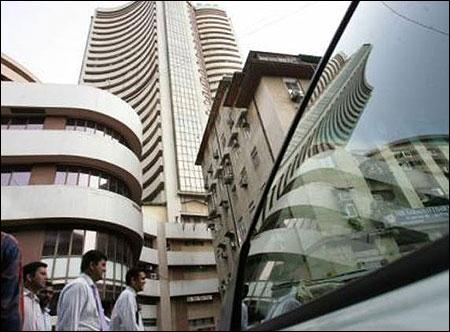
This fall in rupee was bound to happen.
Though a number of reasons led to the rupee crisis, this is directly related to the financial mess in Greece that has kept the euro-zone on the edge.
However, the challenge for India now is to generate domestic demand and ensure growth in the rural sector.
What led to the present crisis?
For some time, Indian industrial growth was falling as a result of which companies' profitability was decreasing.
This made the foreign institutional investors losing incentive and that in turn had an adverse effect on the Indian markets.
Increasing capital outflows mean a fall in Sensex and a subsequent depreciation of the Indian rupee.
. . .
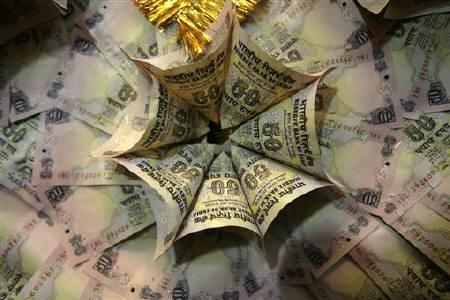
Rupee fall: Its implications
A weaker currency pushes up any country's import bill -- one pays more rupees for the same amount of dollars -- and adds to the current account deficit.
A weaker currency is a signal to investors that the economy is not being well-managed.
India has a huge import bill mainly because it buys almost 80 per cent of its oil from abroad.
A weak rupee can wreak havoc.
. . .
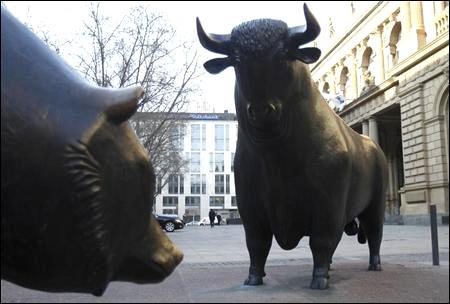
What measures can the RBI take?
Direct intervention: In case of any currency movement, a country's central bank can directly intervene to either push the currency up, as India has been doing, or to keep it artificially low.
To push up the falling rupee RBI can sell dollars.
When it needs to keep rupee lower, it can buy dollars.
Indirect Intervention: A central bank can also intervene indirectly by regulatory action.
In the last few weeks, RBI has relaxed caps on the interest rates for foreign currency non-resident deposits to attract depositors to put more dollars into such accounts.
It has also allowed banks to self-regulate export credit limits.
On May 10, it asked exporters to cut by half their dollar holdings in exchange earners foreign currency so that more dollars can be pumped into the system.
. . .

RBI is caught in a vicious cycle
Reserve Bank of India, however, is caught in a cycle.
It has to battle inflation, liquidity crunch and a falling rupee at the same time.
. . .
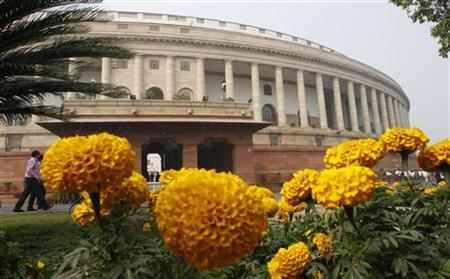
Govt has limited options
Over the years, government spending has increased and investment has decreased.
This has led to a sharp rise in deficit.
Now the government is in a fix.
If it increases the tax burden on companies, that will drive away the foreign institutional investors from the market.
If it opts for issuing fresh currency notes, that will have an inflationary effect.
Of late, rating agency Standard & Poor's downgraded the country's outlook from stable to negative.
This hampered India's global image.
. . .
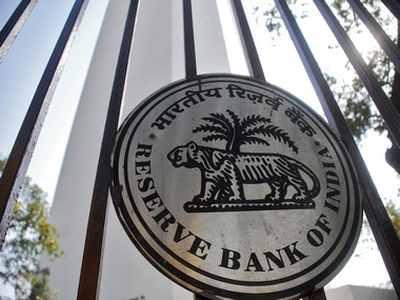
Moreover, because of the coalition government's weird dynamics, a lot of policies of the government could not be implemented.
That sent out a signal to the investors across the world that the Indian government is not potent enough to take certain policy measures.
It is high time the Indian government did something.
Unless it curbs expenditure, adopts stern austerity measures and tackles corruption on a war footing, India's economic outlook will only turn bleaker with time.